Equivalence of Boards (Towards Equivalence: PARAKH’s Bold Step to Harmonize India’s School Boards)
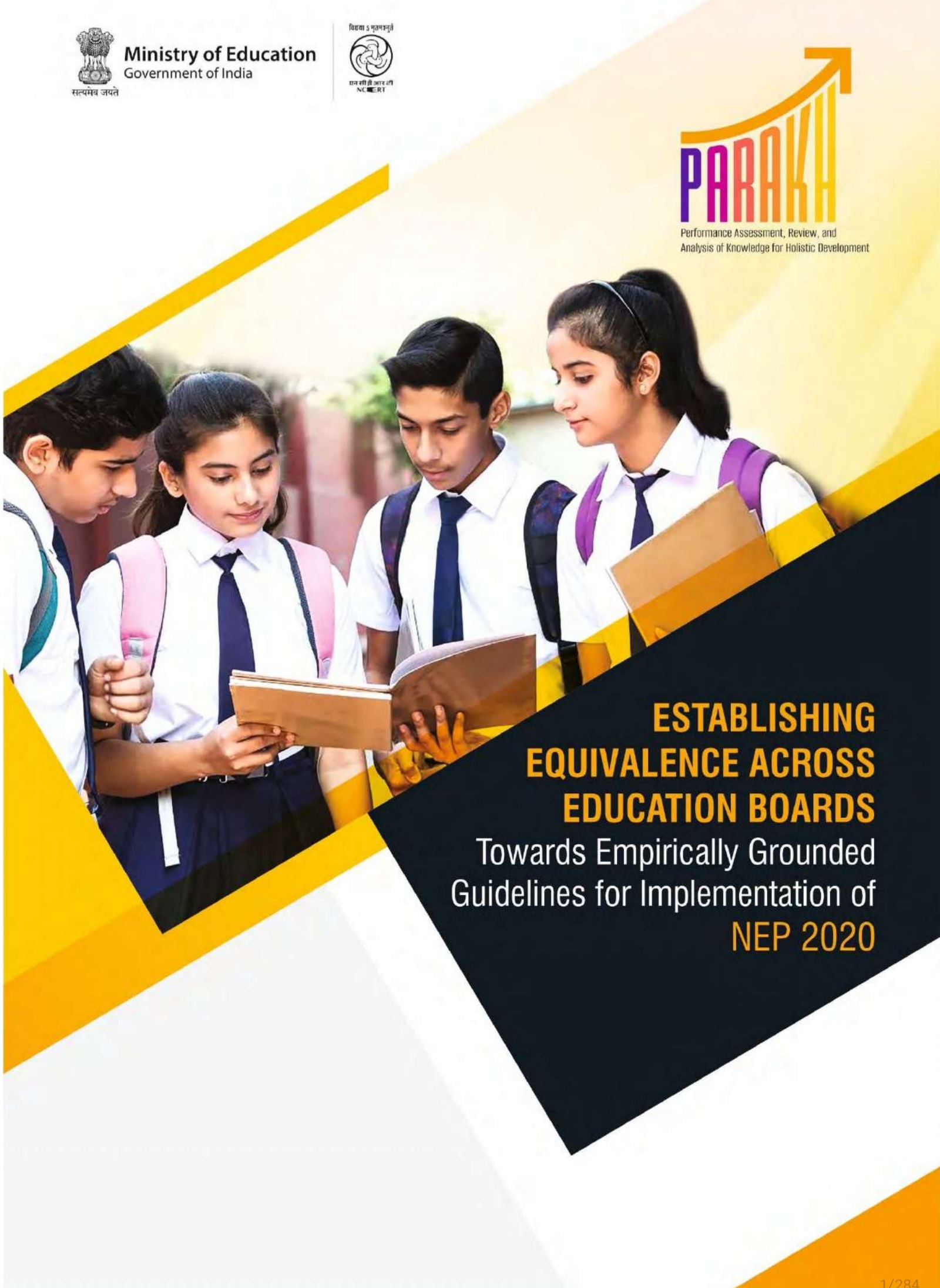
-
2025-10-23 12:00:00
-
PARAKH NCERT
- By Indrani Bhaduri
Towards Equivalence: PARAKH’s Bold Step to Harmonize India’s School Boards
India’s school education landscape is a mosaic of 69 boards—state, central, and international, each with its own curriculum, assessment style, and governance structure. While this diversity reflects our federal ethos, it also creates disparities in academic standards, learner outcomes, and mobility across regions. The National Education Policy (NEP) 2020 calls for a transformation: one that ensures equity without erasing diversity. In this spirit, PARAKH (Performance Assessment, Review, and Analysis of Knowledge for Holistic Development), a constituent unit of NCERT, has launched the Equivalence of Boards initiative, a landmark effort to establish common standards across all boards.
At its core, this initiative is not about uniformity, but about fairness. It recognizes that students across India deserve equal recognition for their learning, regardless of the board they belong to. To achieve this, PARAKH has developed a robust methodology grounded in empirical tools: Question Paper Templates (QPTs) and the Equivalence Questionnaire (EQQ). These instruments allow for a nuanced analysis of board practices across five domains—Administration, Assessment, Curriculum, Infrastructure, and Inclusiveness.
The QPTs, drawn from Grade X and XII papers, help decode the cognitive demand, question types, and assessment design of each board. Meanwhile, the EQQ gathers qualitative and quantitative data on governance, pedagogical practices, and learner support systems. Together, they offer a panoramic view of where boards stand,and where they need to go.
What makes this initiative truly transformative is its consultative approach. Regional workshops have brought together education departments, board officials, and practitioners to co-create pathways to equivalence. These are not top-down mandates, but collaborative frameworks that respect local contexts while aligning with national goals. The recommendations emerging from this process serve as diagnostic checklists - tools for boards to conduct periodic “health checkups” of their systems and bridge gaps proactively.
This initiative will serve as a catalyst for restoring joy and dignity in education. Equivalence is not just a technical fix, it is a moral imperative. It affirms that every child, whether in Mizoram or Maharashtra, deserves assessments that are developmentally appropriate, transparent, and empowering.
For schools, this means rethinking how we design question papers, report cards, and classroom practices. For policymakers, it means investing in capacity-building and data systems that support continuous improvement. And for educators , it means embracing our role as co-architects of a more equitable future.
PARAKH’s Equivalence of Boards is more than a policy—it is a promise. A promise that no learner will be left behind because of the board they belong to. As we move forward, let us uphold this promise with courage, collaboration, and care
Explore More
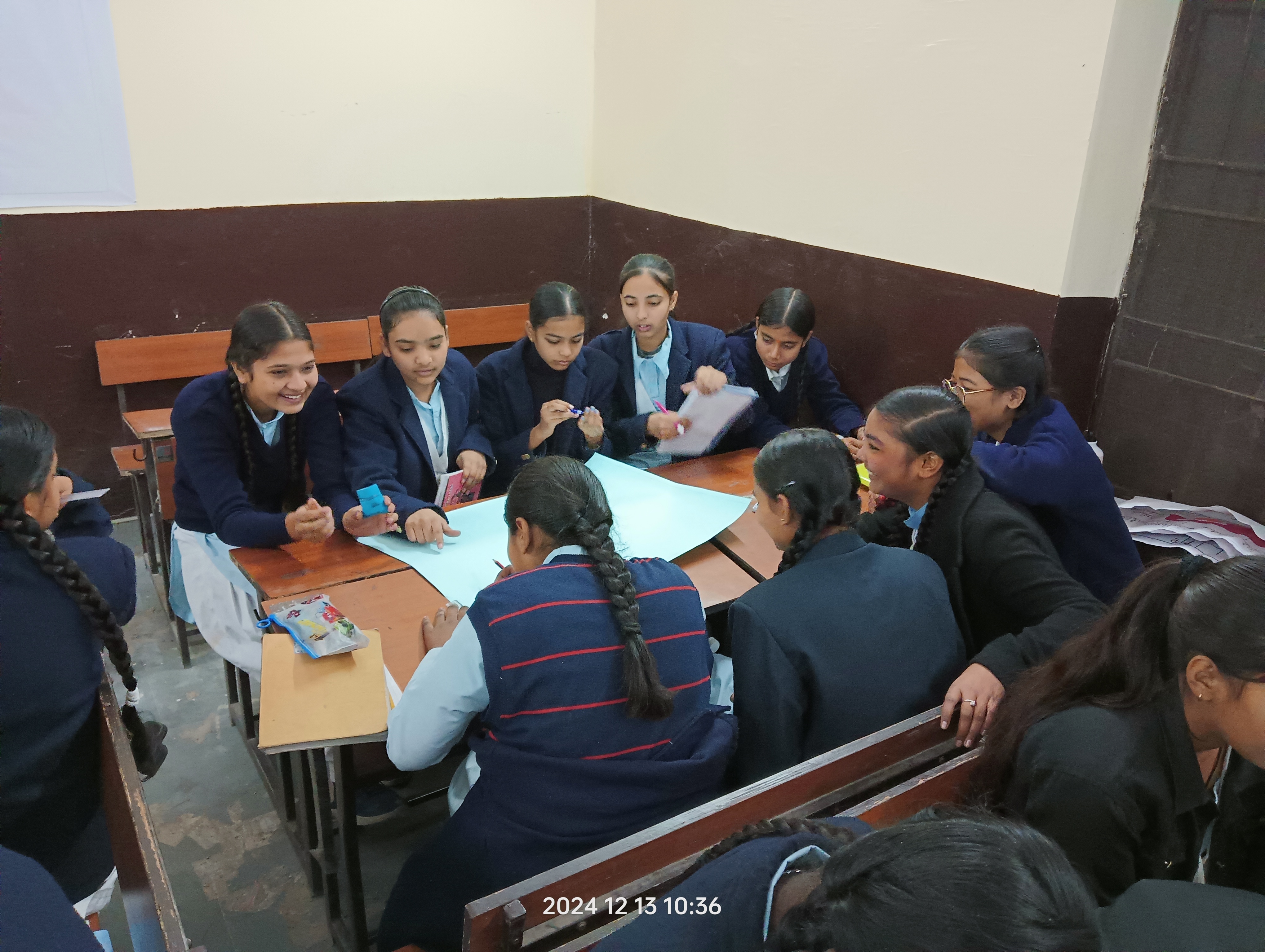
Knowledge tells students what is true. Sensitivity teaches them how to live with that truth
Parakh NCERT
- By Indrani Bhaduri
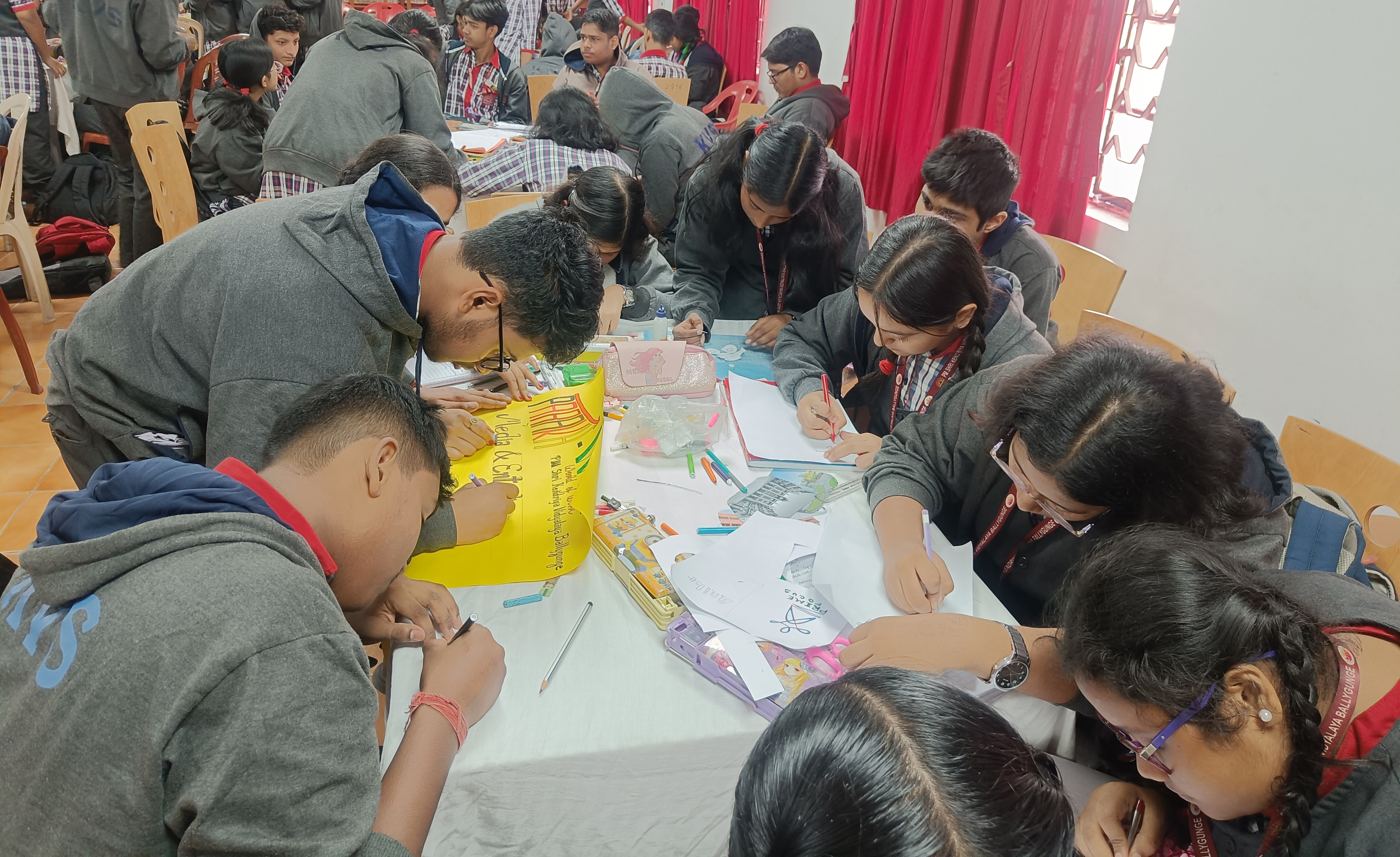
Assessing Creativity Without Killing It
Parakh NCERT
- By Indrani Bhaduri
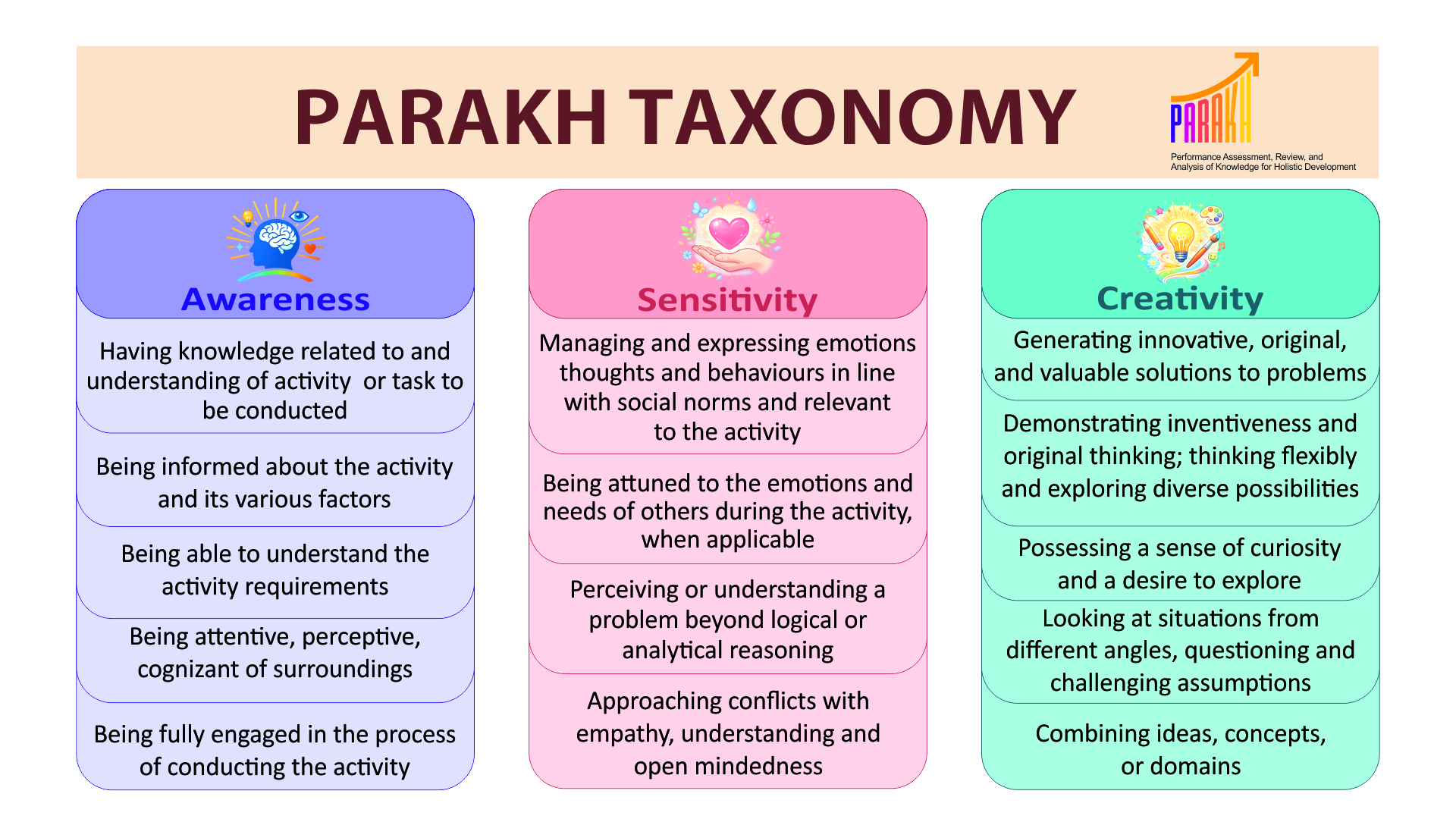
Moving Forward with Purpose: Embedding New Values in Learning and Assessment
Parakh NCERT
- By Indrani Bhaduri
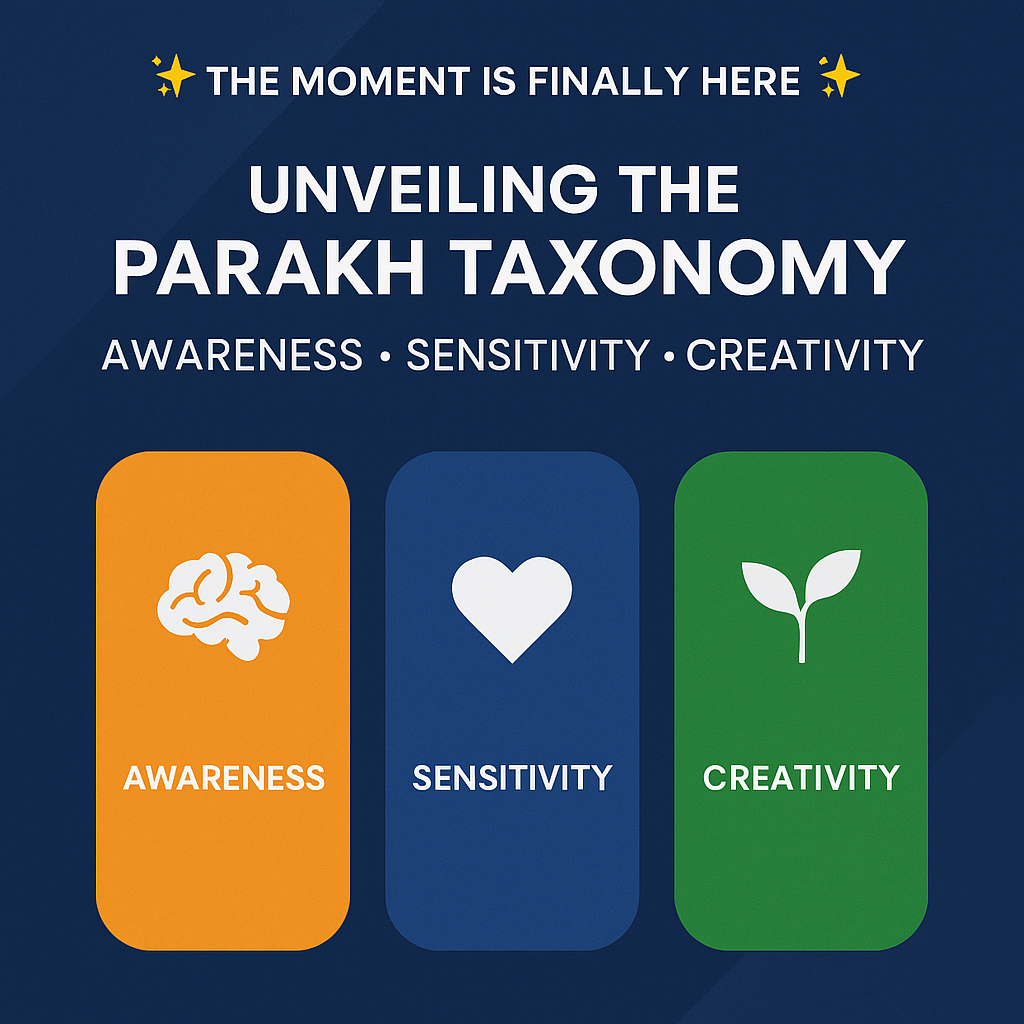
PARAKH Taxonomy
PARAKH NCERT
- By Indrani Bhaduri
 Government of India
Government of India More
More

